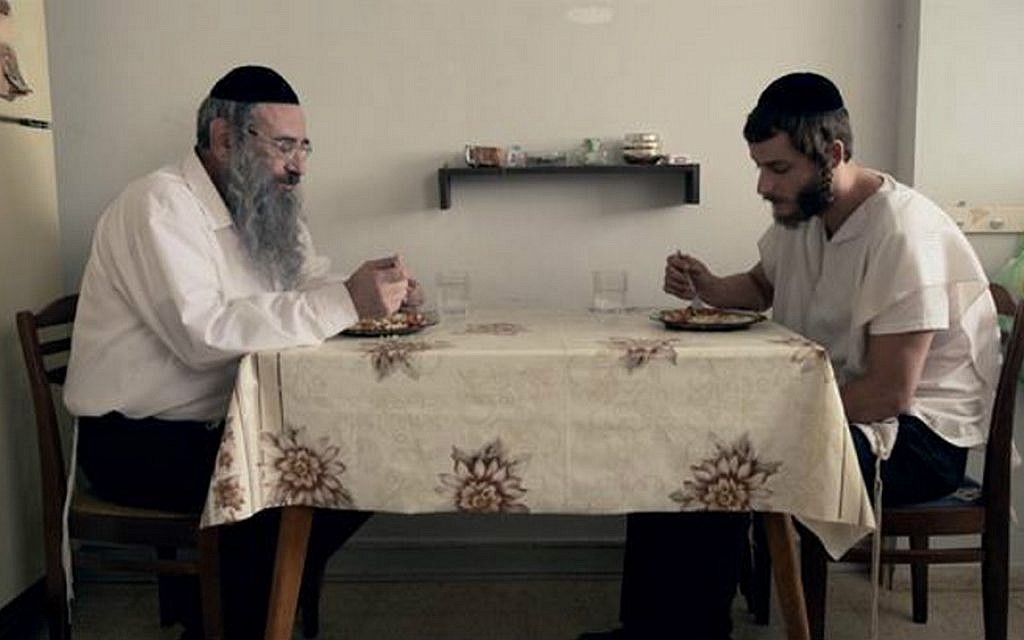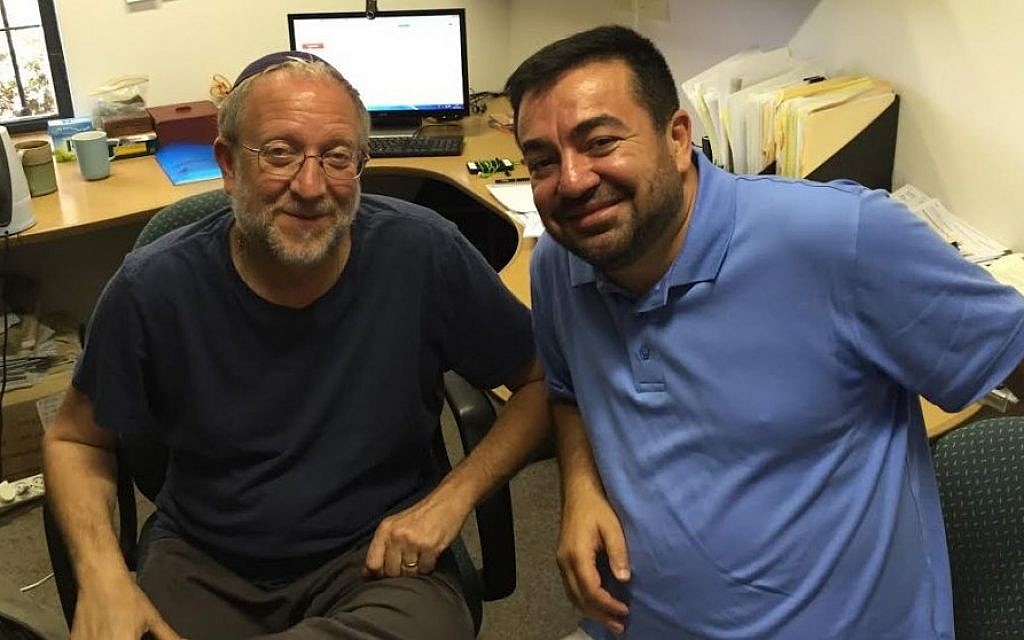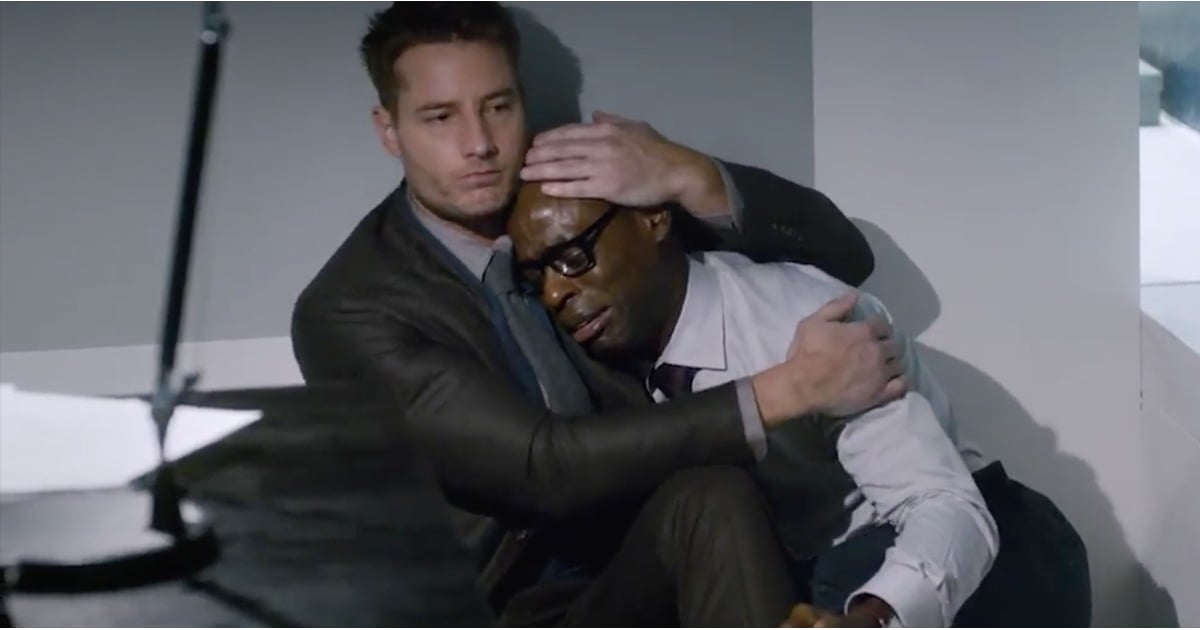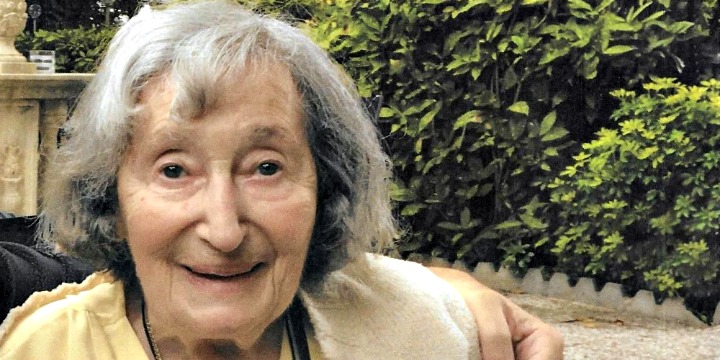Ernesto Sirolli is a special kind of management consultant. He helps guide communities to fulfill their own passions, to achieve the most success possible with their own ideas.
In a TED talk that he gave, he told a funny story about when he was in his twenties and he traveled from Italy to the Zambezi valley in Africa as part of a relief organization, the goal of which was to help the African communities grow food.
So they traveled to Africa and arrived at the valley which had beautiful soil, good sunlight, but no agriculture. The Italian group set themselves up, had brought Italian seeds with them, said to the locals, we want you to show up and we will tell you how to plant the seeds and have successful agriculture.
The locals by and large did not show up. The relief organization offered them with money to show up. A few showed up. They planted tomato seeds. Over the next months the plants grew and produced big, beautiful tomatoes, bigger than any produced in Italy. The Italians were so excited.
The tomatoes were just about fully ripe. Everyone went to sleep.
During the night, 200 hippos emerged from the river and ate all the tomatoes. The next morning, one of the locals said to one of the leaders of the relief agency, this is why we don’t have agriculture in the valley.
The leader asked, why didn’t you tell us about the hippos?
And the local said, you never asked.
Sirolli told this story to illustrate how easy it is not to ask and not to listen, but of course, how important it is to ask. How important it is to listen.
I want to challenge us to think carefully about our own lives, about all the times that we approach our loved ones - our spouses, our parents, our siblings, our children - with plans and expectations - without asking them what they think, what they want, what they need, or where the hippos are.
In a TED talk that he gave, he told a funny story about when he was in his twenties and he traveled from Italy to the Zambezi valley in Africa as part of a relief organization, the goal of which was to help the African communities grow food.
So they traveled to Africa and arrived at the valley which had beautiful soil, good sunlight, but no agriculture. The Italian group set themselves up, had brought Italian seeds with them, said to the locals, we want you to show up and we will tell you how to plant the seeds and have successful agriculture.
The locals by and large did not show up. The relief organization offered them with money to show up. A few showed up. They planted tomato seeds. Over the next months the plants grew and produced big, beautiful tomatoes, bigger than any produced in Italy. The Italians were so excited.
The tomatoes were just about fully ripe. Everyone went to sleep.
During the night, 200 hippos emerged from the river and ate all the tomatoes. The next morning, one of the locals said to one of the leaders of the relief agency, this is why we don’t have agriculture in the valley.
The leader asked, why didn’t you tell us about the hippos?
And the local said, you never asked.
Sirolli told this story to illustrate how easy it is not to ask and not to listen, but of course, how important it is to ask. How important it is to listen.
I want to challenge us to think carefully about our own lives, about all the times that we approach our loved ones - our spouses, our parents, our siblings, our children - with plans and expectations - without asking them what they think, what they want, what they need, or where the hippos are.


















